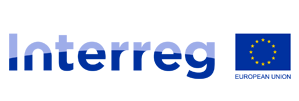From transforming food system in the Baltic to inspiring the world
Initiated as an Interreg project in 2003, BERAS is now a key partner of the U.N. initiative to promote sustainable food consumption and production.
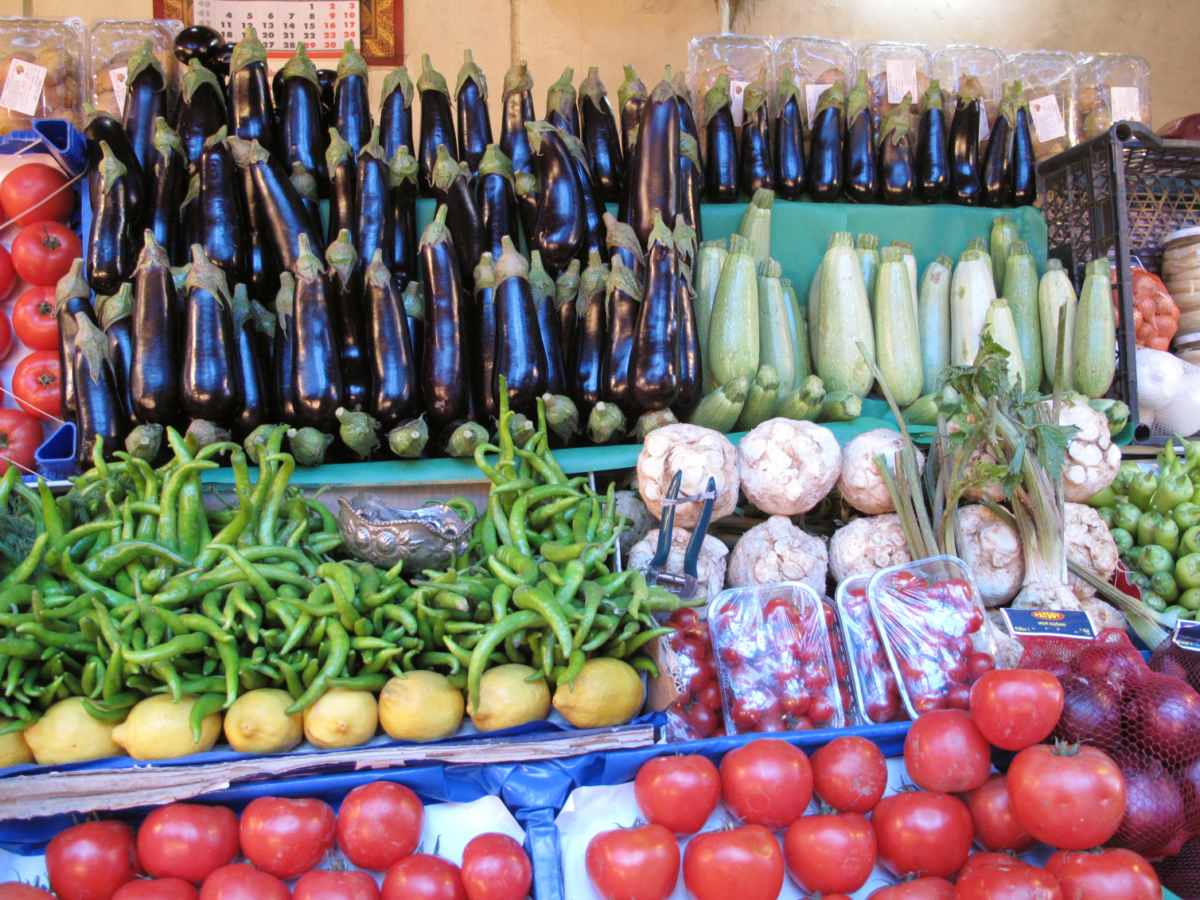
BERAS has initiated change towards an ecological recycling agriculture and society in many regions in Europe. Launched as an Interreg project in 2003, the experience gathered in transforming food systems was now picked up by the United Nations.
Why we need transformation in food systems
In the recent stream of reports coming out revealing the levels of agrochemicals and toxins found in food, more consumers are turning to organically certified produce to avoid the health risks associated with chemical exposure. Pesticides and fertilizers reduce soil quality and nutrient content, as well as threaten local biodiversity. A more ecological form of agriculture is needed in order to reduce the volume of chemicals being used on crops and to protect the environment. To implement ecological agriculture, a different food systems approach is necessary.
This transformation to ecological farming practices and a more sustainable food system has and is being implemented by BERAS International Foundation (IF). BERAS means Baltic Ecological Recycling Agriculture and Society. The foundation is built on three concepts, each designed to tackle a specific area of the food system, in order to convert the agricultural system to a more sustainable food network from farmer to consumer. Jostein Hertwig, CEO of BERAS IF says “BERAS is not only a farming system, but it is a food system in a holistic view”.
This food system was developed by international partners from around the Baltic Sea since 2003. In the early phase funded by Interreg IIIB, several research institutes from Sweden, Finland, Estonia, Poland and Germany did research all over the Baltic Sea and jointly collected data and practical examples for sustainable agriculture and food societies. Under the lead of Prof. Artur Granstedt of Södertörn University, Sweden, the three concepts were drawn up: Ecological Regenerative Agriculture, Sustainable Food Societies and Diet for a clean Baltic. “We saw that we needed to scale this up and implement the results that we had”, remembers Jostein. This upscaling happened at the next stage from 2010-2013 with funding from Interreg IVB. Researchers teamed up with agricultural advisory services in Sweden, Finland, Lithuania, Estonia, Latvia, Belarus, Germany, Poland and Denmark and established a network of demonstration farms to help convert more farms to organic farming. At the same time, more municipalities connected themselves to the idea of sustainable food system. Having had a good start with sound collaboration across many countries’ borders, the BERAS International Foundation was established in 2015. Its purpose was from now on to further spread the three concepts to more regions.
The 3 concepts to transform food systems
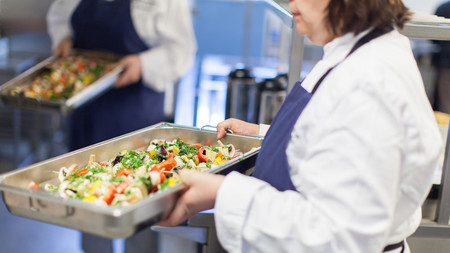
An ERA Guideline Manual (offered in 8 languages) is available on the BERAS International website to provide farmers with information on how to convert their farm to an ERA farm. The second BERAS concept, Sustainable Food Societies aims to connect ERA farms and farmers to other actors in the food chain process such as distributors, processors, wholesalers, consumers and to policymakers and civil society actors. “We saw that in order to get things going with better agriculture and food there should be such local food hubs”, says Mr. Hertwig. Through establishing local food hubs, consumers are guaranteed fresh quality organic food through a food chain of local farmers and businesses who collaborate together to provide the final food product. These food hubs support local farmers and businesses. Thus, environmentally friendly food production is ensured and can develop to create more sustainable communities.
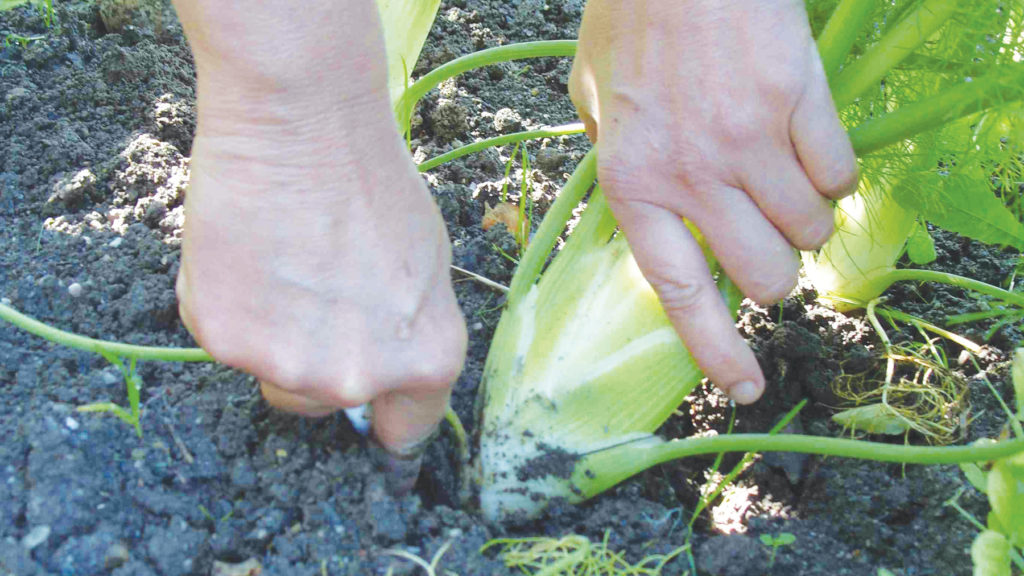
Ideas from the Baltic Sea region inspire food systems worldwide
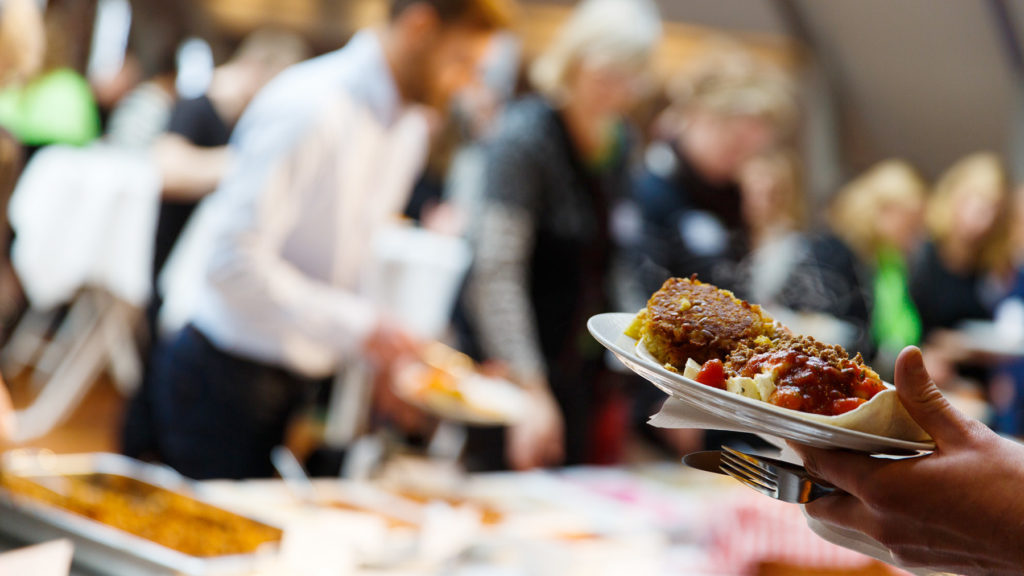
Internationally BERAS’ food system concepts have spread to the Dominican Republic, Haiti and India. “We don’t have a ready-made solution, we only have an invitation to work together in order to develop sustainable food and sustainable food must always be done locally”, says Jostein.
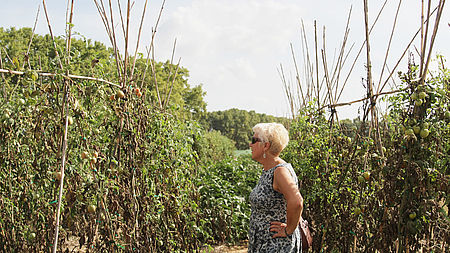

-“I am impressed by the worldwide effects of this former Interreg project about ecological agriculture”, notes Ann Irene Saeternes, who followed the development of the BERAS projects. She is a member of Interreg Baltic Sea Region’s Monitoring Committee which selects projects for funding. “BERAS is a good example and rather typical for Interreg projects they are about setting up networks and establishing cooperation across borders, and they often unfold their success years after the actual funding has ended.”
The future
Mr. Hertwig believes that BERAS can also go beyond transforming food systems to also tackling other global challenges. “The BERAS concept is in the family of agricultural concepts that can contribute positively to climate change mitigation. We actually have a proposal of how to reinstall agriculture as one of the major factors in order to save the climate, and we have all the measures available.” Jostein Hertwig stresses: “Project funding is always too short – we would very much like to come back to Interreg at one stage”.
by Mona Farnisa (Interreg Volunteer Youth) & Stefanie Maack (Interreg Baltic Sea Region)
